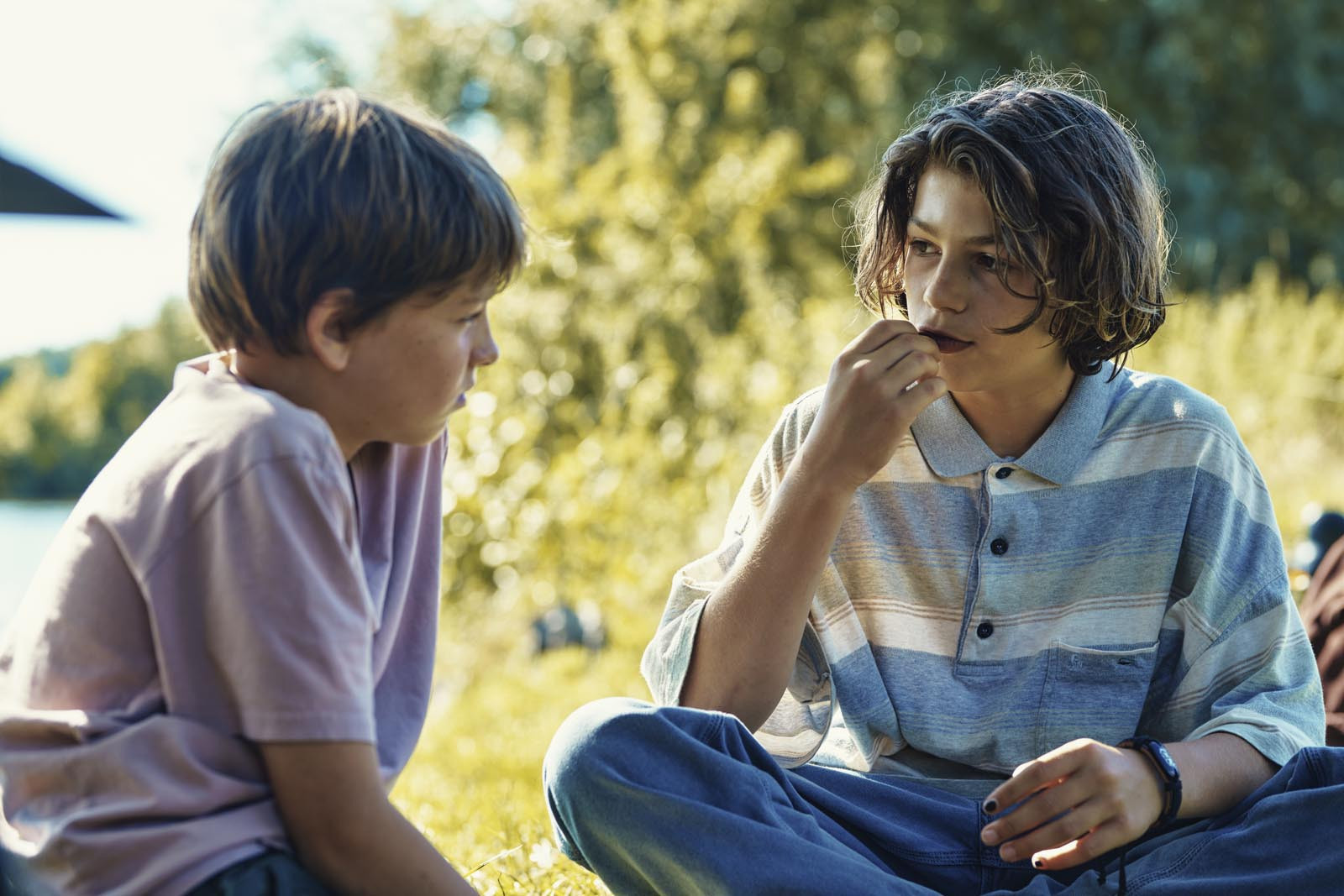Young Americans Delay Childbirth Due to Climate Anxiety: Study

The Climate Dilemma: Choosing Parenthood in a Warming World
Amanda Porretto, 27, is unsure if she will ever have children. While she is the average age of new mothers in the United States, according to the Centers for Disease Control and Prevention, she feels the pressure as an only child. Her father wants to be a grandfather, and her mother, before passing away, always encouraged Porretto to become a mom. However, Porretto has reservations.
"Some people think it's a bad thing not to have a child," she said, working in advertising. "I just don’t think I need to bring more people into the world when there’s so much here that we need to fix."
This sentiment is shared by many younger generations in America, who increasingly cite climate change as a reason for hesitating to have children. They are concerned about the future they are leaving behind, including more frequent and intense extreme weather events caused by rising greenhouse gas emissions. These worries are supported by several studies that highlight growing concerns about the environmental impact of having children.
In a 2024 Lancet study involving individuals aged 16 to 25, the majority expressed "very" or "extremely" high levels of worry about climate change. The study also found that 52% of respondents were hesitant to have children due to these concerns. A Pew Research Center report from last year showed that adults under 50 without children were four times more likely than those over 50 to say that climate change influenced their decision not to have kids. Additionally, a 2024 study published in the Proceedings of the National Academy of Sciences revealed that over half of participants said "yes" or "maybe" when asked if climate change made them question parenthood.
The connection between parenthood and climate change goes beyond fears for a child’s well-being. It also involves concern for the planet itself. Nandita Bajaj, executive director of Population Balance, emphasizes that having a child has a significant carbon footprint compared to other decisions.
"You're not only doing carbon expensive activities like buying a larger house, a larger car, and diapers," said Travis Rieder, a bioethics professor at Johns Hopkins University. "You're also creating someone who is going to have their own carbon footprint for the rest of their lives."
This concept is referred to as a "carbon legacy." The impact can extend across generations, with each subsequent generation adding to the environmental burden. However, Rieder notes that while minimizing one's environmental footprint might logically mean having no children, he does not advocate for that approach.
Quantifying the impact of a child is complex. There is no consensus on how much of a child's environmental footprint is the parent's responsibility, and the impact depends heavily on the family's lifestyle. For example, the average American emits more than 12 times as much carbon as the average Ghanian, according to the Emissions Database for Global Atmospheric Research.
Despite the significant environmental impact of procreation, discussions about reducing personal contributions to global warming often overlook the role of having fewer children. Researchers studying this intersection offer two main reasons for this omission.
"If a person tells you they’re expecting or pregnant, the immediate response is to offer support and congratulations," said Trevor Hedberg, a moral philosophy professor at the University of Arizona. Another factor is the historical link between procreation and overpopulation concerns. In the 1970s, fears about overpopulation led to problematic ideas like racism and eugenics, which sparked backlash.
Ash Sanders, 43, knew she didn't want to have a baby from a young age. But when she became pregnant, she felt pressured by her Mormon upbringing and the father to keep the child. She ultimately chose an open adoption, but still feels guilt about her decision.
"I feel guilty for bringing her into the world," she said. "She likes the world, she's a happy kid, but I feel guilt all the time."
Juan Jaramillo, who grew up in the 1970s, had environmental concerns even as a teenager. He later became a marine biologist and decided against having children. His choice aligned with his environmental values, and he has never regretted it.
For Rieder, the balance between parenthood and environmental responsibility was a personal journey. Despite years of research on the topic, he still wanted to be a father. His solution was to have just one child, finding a way to reconcile his deep desire for parenthood with his commitment to environmental stewardship.
Post a Comment